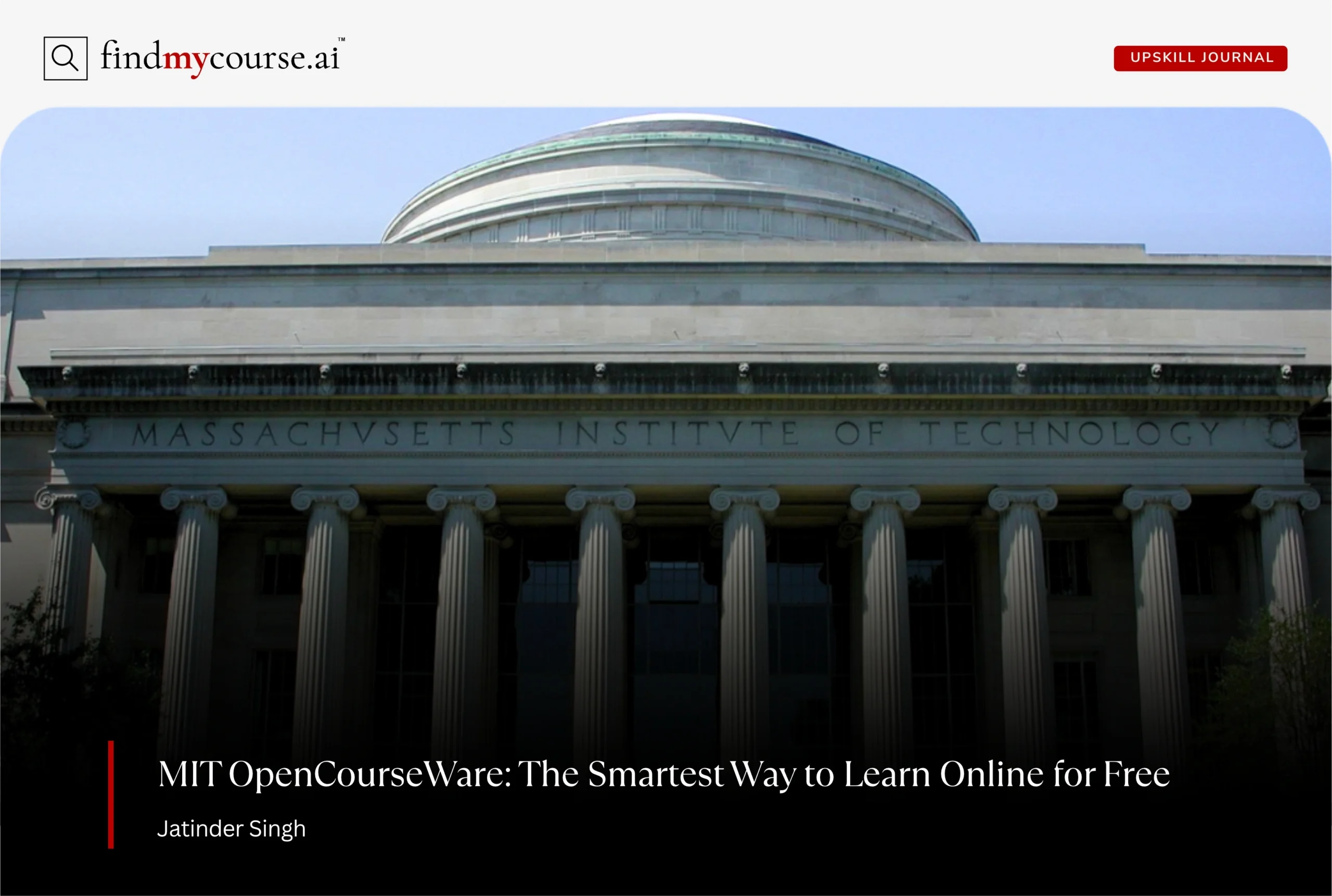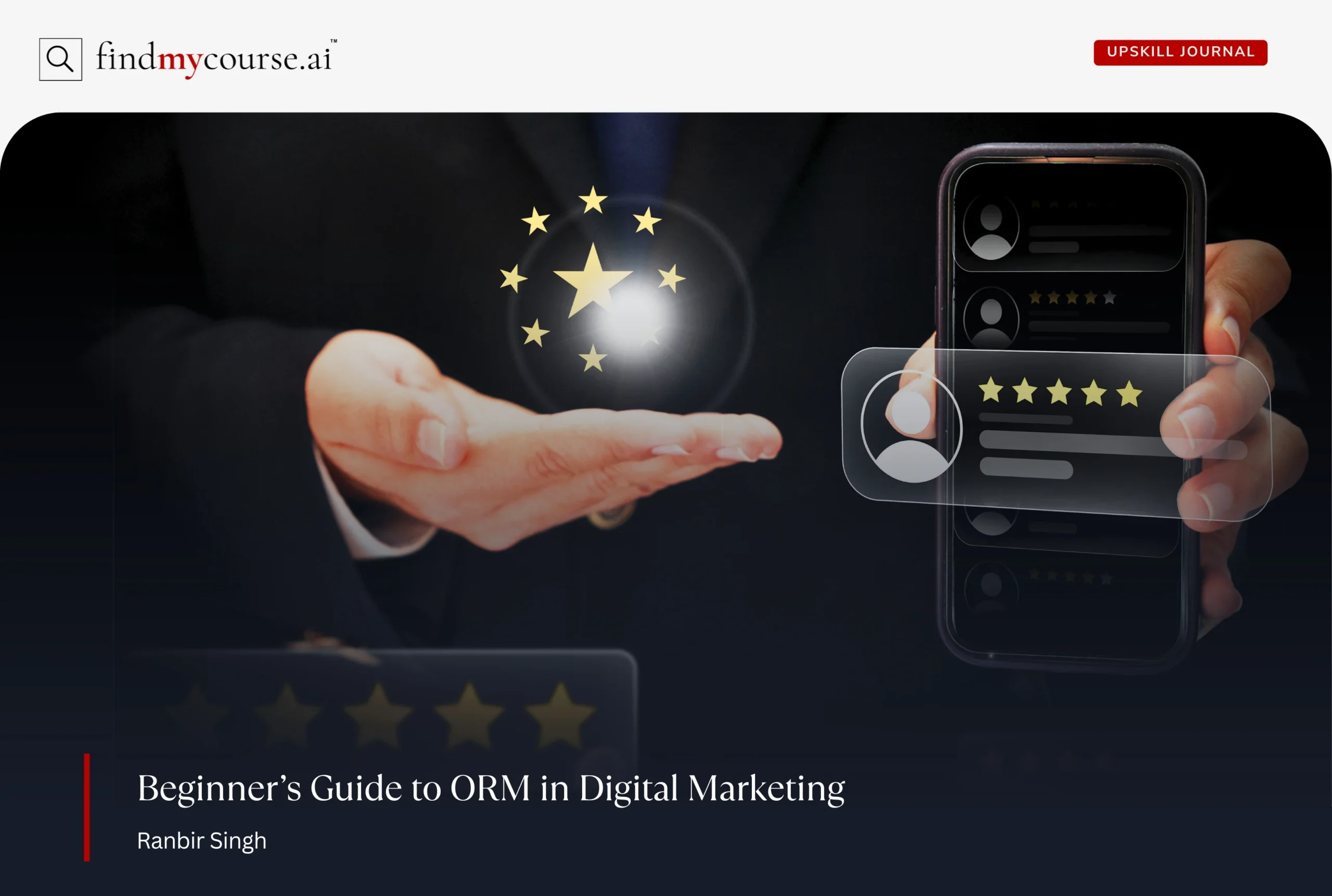If you’ve ever dreamed of accessing an elite education without leaving home—or even studying abroad—MIT OpenCourseWare might be the most powerful resource you’ve never used. This platform opens the gates to one of the world’s top universities, offering free, high-quality course materials across dozens of disciplines. Whether you’re a student, a working professional, or a lifelong learner, MIT OpenCourseWare lets you explore challenging subjects, boost your skills, and learn online at your own pace. And the best part? It’s absolutely free.
Unlocking MIT OCW: What It Offers and Why It Stands Out?
Launched in 2001, MIT OpenCourseWare (often called MIT OCW) is an educational initiative by the Massachusetts Institute of Technology. It is one of the most powerful free learning platforms available today, offering open access to thousands of MIT course materials—without registration, deadlines, or cost—making it ideal for students, professionals, and lifelong learners alike. What sets OCW apart is not just its accessibility, but the academic depth and authenticity of its content.
Here’s what makes it truly stand out:
- Completely free and open-access – No sign-ups, fees, or subscriptions required.
- Real MIT course materials – Includes full lecture notes, assignments, exams, reading lists, and also complete video lectures.
- Self-paced learning – You control your schedule, whether you’re revisiting concepts slowly or binge-learning over a weekend.
- Wide subject coverage – Courses span fields like computer science, mathematics, physics, engineering, economics, and more.
- Academic rigor – Content is not simplified; it’s the same material taught to MIT students on campus.
- Beginner-friendly options – Many introductory courses are accessible even to those with no prior background.
- Regularly updated – Courses are also reviewed and refreshed to keep content relevant and useful.
MIT OCW removes the traditional barriers to education—cost, location, and enrollment—empowering anyone with an internet connection to experience world-class learning at their own pace.
Top MIT OpenCourseWare Courses You Can Take Today
Whether you’re starting from scratch or looking to deepen your expertise, the following courses are among the most valuable and widely-used on MIT OpenCourseWare. Designed for a wide range of learners—students, professionals, educators, and curious minds—each course offers high-quality materials like lecture videos, assignments, and exams. Moreover, some are beginner-friendly; others are more advanced. So, no matter your background or learning goals, there’s a course here to match your pace and interests.
Introduction to Computer Science in Python
If you’re new to coding, this course is the perfect place to begin. Offered through MIT’s Computer Science department, it’s designed specifically for beginners with no prior programming experience. You’ll learn how to think like a computer scientist while developing foundational skills using Python, a popular and beginner-friendly language. The course includes full lecture videos, problem sets, assignments with solutions, and exams. It’s ideal for students, career changers, or anyone curious about entering the world of tech—no prerequisites required.
Linear Algebra
A cornerstone of modern technical disciplines, this Mathematics course is especially useful for those pursuing data science, engineering, or computer graphics. You’ll explore core concepts such as vectors, matrices, and linear transformations—tools that power machine learning models and 3D rendering engines alike. The course provides lecture notes, problem sets, and exams with solutions. However, a basic understanding of high school algebra is recommended to follow along comfortably.
Introduction to Algorithms
Designed for aspiring software engineers and more advanced learners, this Computer Science course dives into the design and analysis of algorithms. You’ll study sorting, searching, dynamic programming, graph algorithms, and more. Materials include lecture videos, notes, quizzes, problem sets, and exams. To make the most of the course, you should be comfortable with basic programming and have some familiarity with discrete mathematics. It’s a rigorous but rewarding path toward mastering algorithmic thinking and preparing for technical interviews.
Classical Mechanics
For physics lovers and STEM students alike, this foundational Physics course explores Newtonian mechanics with mathematical depth and real-world applications. You’ll study motion, energy, momentum, and conservation laws through full video lectures, problem sets, and lecture notes. The content is suitable for college-level learners, and a background in high school physics and calculus is strongly recommended to keep pace with the material.
Artificial Intelligence
This intermediate-level course is an excellent introduction to the field of AI, covering topics like search algorithms, knowledge representation, logic, and basic machine learning. Hosted under AI and Machine Learning, the course includes lecture notes, quizzes, programming assignments, and exams. While not beginner-level, it’s highly approachable for those with prior Python experience and a basic understanding of probability and statistics. It’s a great launchpad for entering the world of intelligent systems and automation.
Differential Equations
Essential for anyone in physics, engineering, or applied sciences, this Mathematics course teaches how to solve ordinary differential equations both analytically and numerically. You’ll encounter real-world models like population dynamics and electrical circuits. The course includes lecture notes, problem sets, and exams to reinforce learning. A solid understanding of single-variable calculus is necessary to follow the content effectively.
Circuits and Electronics
If you’re curious about hardware or electrical engineering, this hands-on course is a fantastic starting point. Covering the basics of circuit analysis and design, it explores components like resistors, capacitors, and diodes. The Electrical Engineering course includes video lectures, lab guides, problem sets, and quizzes. It’s designed for beginners, with high school physics and algebra as the only recommended prerequisites. No prior electronics experience is needed.
Finance Theory I
Perfect for business professionals or anyone looking to understand financial markets, this Economics and Finance course explores the fundamentals of financial theory. Topics include portfolio optimization, asset pricing, and the relationship between risk and return. You’ll work through lecture notes, readings, and problem sets. While it helps to have some background in calculus and probability, these aren’t strict requirements. The course is rigorous yet accessible to motivated learners.
Computational Thinking and Data Science
This Data Science course bridges the gap between programming and real-world data analysis. You’ll use Python and statistical methods to analyze datasets and approach problems with computational logic. Ideal for career changers and analysts, the course includes lecture videos, assignments, quizzes, and exams. Prior experience with Python is recommended to navigate the material smoothly, but the course itself builds critical skills in both computation and analytical reasoning.
Multivariable Calculus
For students preparing for university or pursuing STEM careers, this advanced Mathematics course builds on single-variable calculus to explore functions of several variables, gradients, partial derivatives, and multiple integrals. It’s foundational for fields like physics, engineering, and economics. You’ll get access to comprehensive lecture notes, problem sets, and exams with solutions. A solid understanding of single-variable calculus is required to fully grasp the material.
Quick Guide to the Top MIT OCW Courses
To help you choose the right course for your goals, here’s a snapshot of some of the most valuable and popular offerings on MIT OpenCourseWare—organized by subject area and learning audience.
| Course Title | Category | Ideal For |
| Introduction to Computer Science in Python | Computer Science | Beginners in coding |
| Linear Algebra | Mathematics | Data science, engineering |
| Introduction to Algorithms | Computer Science | Aspiring software engineers |
| Classical Mechanics | Physics | STEM students, physics lovers |
| Artificial Intelligence | AI / Machine Learning | Intermediate tech learners |
| Differential Equations | Mathematics | Engineers, physicists |
| Circuits and Electronics | Electrical Engineering | Tech and hardware beginners |
| Finance Theory I | Economics / Finance | Business professionals |
| Computational Thinking and Data Science | Data Science | Career changers, analysts |
| Multivariable Calculus | Mathematics | Pre-university or college |
How to Get Started
Getting started with MIT OpenCourseWare is simple and completely free. Just follow these steps:
- Go to the OCW website at ocw.mit.edu.
- Browse courses by subject, department, or most viewed.
- Choose a course that matches your interests or goals.
- Set a personal study plan—decide when and how much you’ll learn each week.
- Stick with it—use lecture videos, assignments, and exams to stay engaged.
There’s no registration, deadlines, or pressure. Therefore, you learn entirely on your own terms, at your own pace.
Frequently Asked Questions (FAQs)
1. Do I need to sign up to access courses?
No. All MIT OCW courses are completely free and open—no sign-up required.
2. Are these real MIT courses?
Yes. They use the same materials taught in actual MIT classes.
3. Do I get a certificate after completing a course?
No. OCW doesn’t offer certificates or credits—just open access to learning.
4. Are there prerequisites for the courses?
Some beginner courses require none; advanced ones may need prior knowledge.
5. Can I use OCW content for teaching or sharing?
Yes. Most materials are free to reuse with proper credit under Creative Commons.
Final Thoughts
MIT OpenCourseWare isn’t just a collection of courses—it’s a quiet revolution in access to knowledge. It breaks down barriers that once kept elite education out of reach, putting real learning into the hands of anyone with curiosity and an internet connection. You don’t need tuition, degrees, or approval to begin—just curiosity and the drive to learn.
Whether it’s Python, physics, or finance you’ve been meaning to explore, there’s no better moment to start than now. And if you’re not sure where to begin, our AI assistant is ready to help you find the perfect starting point. Let’s learn something great.


